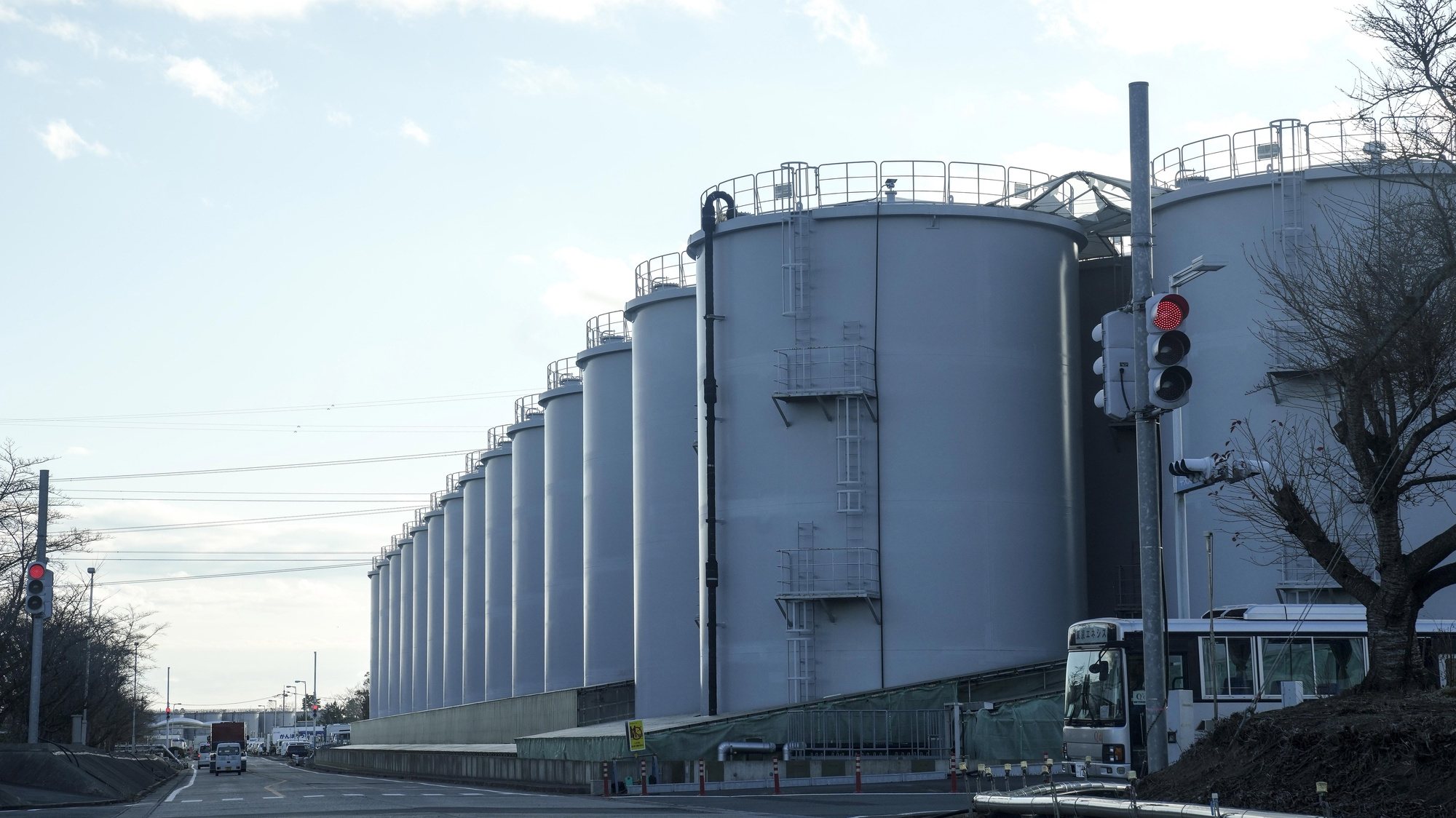The Interdisciplinary Center for Marine and Environmental Research (CIIMAR) coordinates the creation of Biobanco Azul Português, a project that aims to create a digital platform to streamline access to collections of marine resources and improve product discovery.
In statements to the Lusa news agency, the director of the center of the University of Porto, Vitor Vasconcelos, said Tuesday that Biobanco Azul Português (BAP), one of the 10 projects of the Pacto da Bioeconomia Azul, intends to “create a digital platform connecting the biobanks that already exist in several institutions”.
“It is important to bring together everything that exists at the national level from dispersed biobanks, whether they are living collections, conserved collections, genetic material or extracts,” said the CIIMAR director and BAP coordinator.
The digital platform will make it possible to collect and make available information on the different Portuguese marine collections, promoting “scientific collaborations”, but also economic ones, through the use of these resources for the development of new products.
“We want to create conditions for them to be attractive not only from a scientific point of view, but also from an economic and commercial point of view, so that it is known that this biobank exists in Portugal and a company that intends to develop a certain product can collaborate directly with the institution that owns that living resource that the company wants”, he clarified.
In the field of biobank, the center of the University of Porto will contribute three collections: the LEGE_CC (cyanobacteria and microalgae collection), the CM2C — CIIMAR Microbial Culture Collection (microorganisms collection) and a collection of sponges and cnidarians, which include deep-sea species, which is currently under development.
Coordinated by CIIMAR, the Portuguese Blue Biobank Project it also intends, by the end of 2025, to “optimize resources”, either in terms of oceanographic campaigns or in terms of extraction of marine biodiversity.
Portugal will lead the economic transformation with the blue biotechnology center, says the minister
Another of the objectives of the consortium is “legislative framework” on marine biological resourcesa task that will be coordinated by the Universidade NOVA de Lisboa.
“There will be a mapping of national and international legislation, but also proposals for legislation regarding access to bioresources so that we do not have an assault on our bioresources that are off our nearest coast,” he observed, noting that there is no There is information on marine resources collected in some international surveys carried out off the Portuguese coast.
“We have no idea what resources are collected, what they are used for and what economic benefits are derived from those resources. With this proposal for a legislative framework we will try to fill the gaps that exist at the international and national level. It is not letting others use it, but having control over what is collected and the process that leads to the production of wealth from these resources that, for all intents and purposes, are ours”, he highlighted.
Vitor Vasconcelos affirmed that one of the challenges of the project is “trust” between the different institutions, but also for the “sustainability” of the Biobanco Azul Português after the end of the funding.
“This project essentially finances human resources and some equipmentit does not finance research (…) I see maintenance as the main challenge, in the medium term, and that the country believes that it is important to maintain biobanks”, he said.
Funded with 94 million euros by the Recovery and Resilience Plan (PRR), the Pact for the Blue Bioeconomy involves 83 national institutions and aims to integrate blue biotechnology solutions into national value chains, promoting the sustainable use of resources. marine bioresources to increase added value through carbon neutrality. innovation.
The consortium includes the NOVA University of Lisbon, the Portuguese Institute of the Sea and the Atmosphere (IPMA), the Gulbenkian Institute of Sciences, the University of Aveiro, the Higher Technical Institute, the Center for Marine Sciences of the University of Algarve and two laboratories collaborative. , S2Aqua and GreenColab.
Source: Observadora
